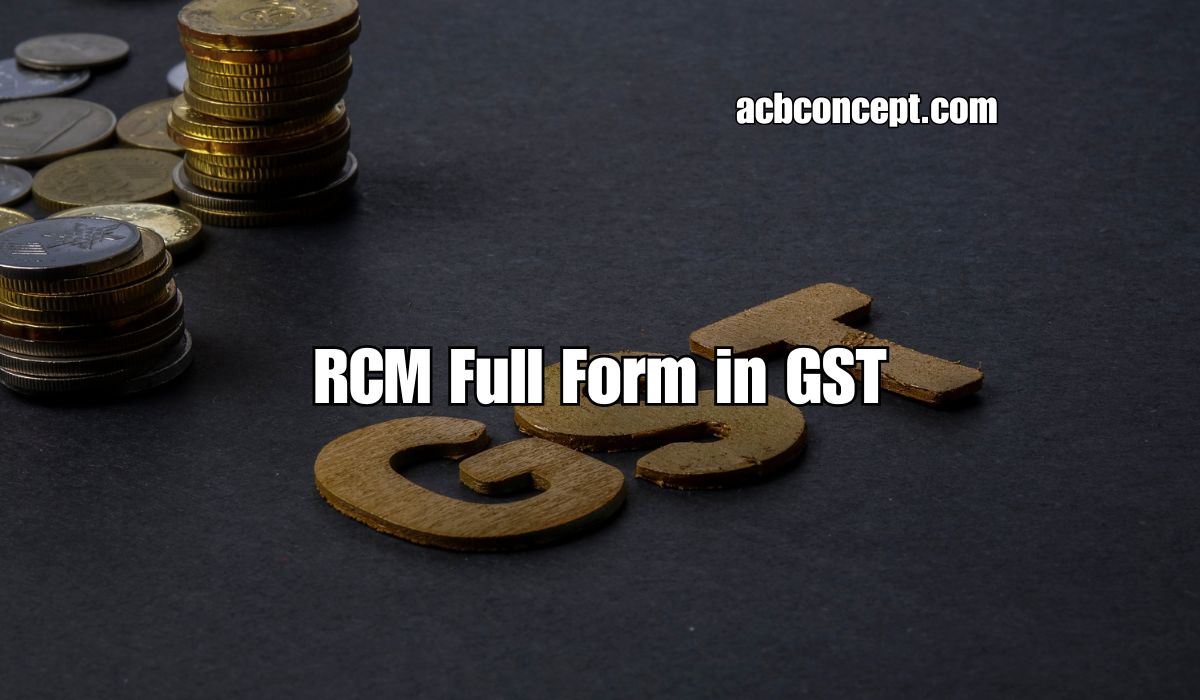
What Is the Full Form of RCM in GST?
- by Pankaj
The RCM full form in GST is Reverse Charge Mechanism. This mechanism is a method of tax collection under the Goods and Services Tax (GST) in India, where the responsibility of paying GST shifts from the supplier to the buyer. Unlike standard GST payments where the supplier collects and remits the tax, RCM requires the buyer to handle the tax payment.
Understanding RCM
In simple terms, the Reverse Charge Mechanism (RCM) shifts the GST payment obligation from the supplier to the buyer. This process applies to specific supplies outlined by the government. Registered businesses are required to pay GST on imports subject to RCM, in addition to import duties. Furthermore, GST must be paid by registered dealers when purchasing from unregistered suppliers. This provision ensures that businesses operating without GST registration also contribute to tax collection. The list of goods and services under RCM is updated regularly, so it’s important to stay informed.
Effects and Benefits of RCM
The implementation of RCM extends GST collection to unregistered and informal traders, which helps streamline tax administration. By transferring the GST burden to the receiver, small suppliers face reduced administrative and compliance challenges. RCM is particularly useful for collecting GST from service providers based outside India.
However, RCM also presents some challenges:
- Increased Compliance: Registered buyers need to be vigilant about receiving RCM notifications and ensuring timely tax payments, which can increase their compliance responsibilities.
- Cash Flow Impact: For some businesses, paying GST upfront for transactions with unregistered dealers may affect their cash flow.
GST and RCM Returns
Registered taxpayers must report their outbound sales on GSTR-1. If the recipient of the goods or services under RCM has paid the tax, the registered dealer cannot claim Input Tax Credit (ITC) for those transactions. Incoming purchases subject to RCM should be recorded on GSTR-2 by the recipients. The GST Reverse Charge Mechanism plays a crucial role in tax collection, and understanding RCM can help registered businesses manage their tax liabilities effectively.
The RCM full form in GST is Reverse Charge Mechanism. This mechanism is a method of tax collection under the Goods and Services Tax (GST) in India, where the responsibility of paying GST shifts from the supplier to the buyer. Unlike standard GST payments where the supplier collects and remits the tax, RCM requires the…
